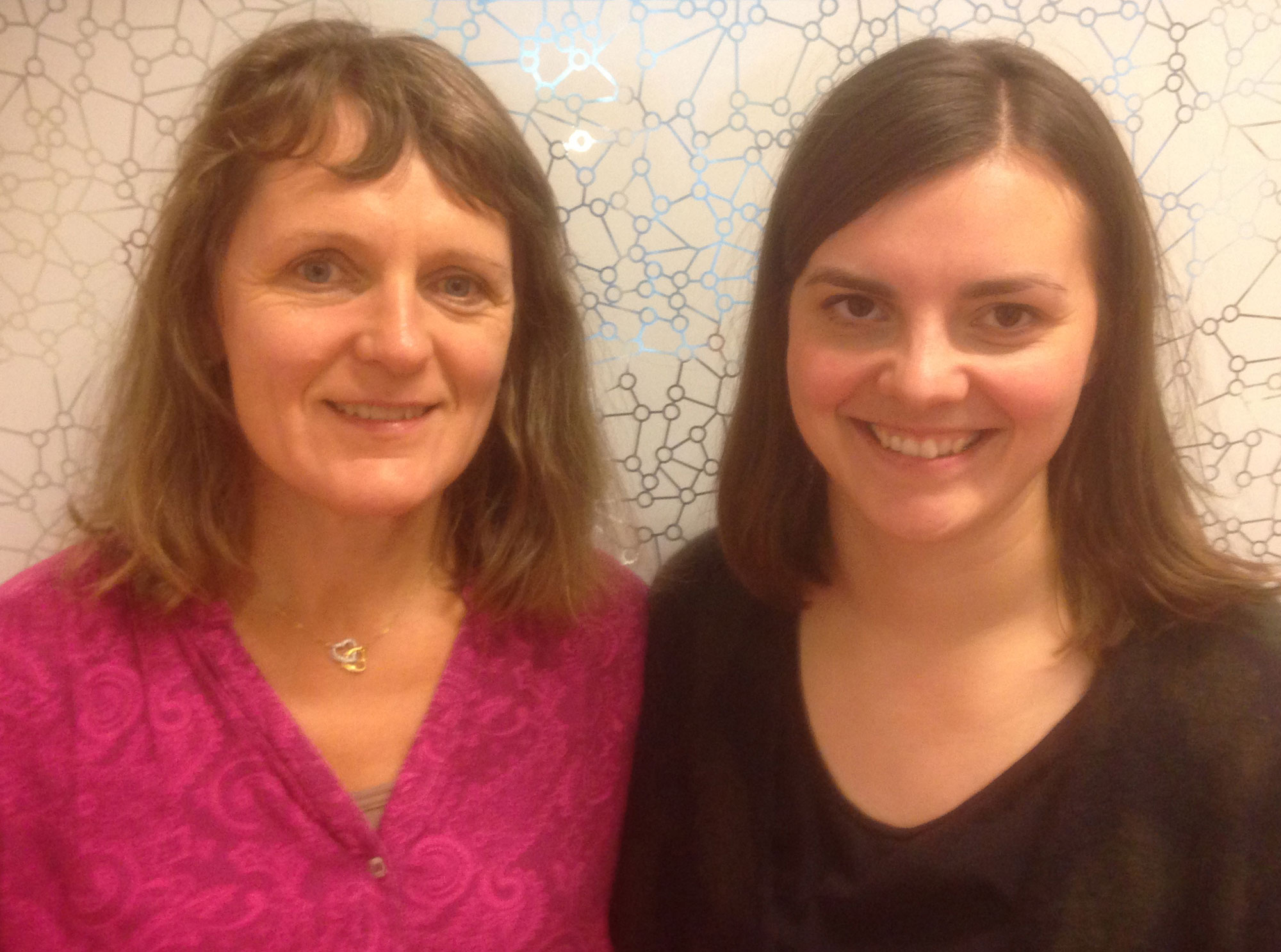Paper on novel pathway selected for inclusion in the ‘In This Issue’ section of Journal of Cell Science

Cell-cycle checkpoints are crucial for the maintenance of genomic integrity. The checkpoint operating in G2 phase of the cell cycle prevents entry into mitosis in the face of DNA damage. In cancer cells checkpoints are often deficient and thus they most likely rely on alternative pathways.
The authors describe a novel pathway for delayed entry into mitosis in response to DNA damage, which does not depend on the classic checkpoint pathways. Instead, the pathway involves selective translation regulation of a key mitotic regulator, cyclin B. This work is the first demonstration of selective translation regulation of a cell-cycle regulator in response to DNA-damage stress and raises the question whether similar pathways also exist in cancer cells with impaired checkpoints.
The findings are selected for the "In this issue" section in "Journal of Cell Science" on Dec 1st.
Progression through the cell cycle is tightly regulated and depends on cell-cycle-dependent kinases (CDKs). Upon exposure to stress such as DNA-damaging UV irradiation, cells delay their entry into mitosis by activating the G2/M cell-cycle checkpoint. In fission yeast, this includes the kinase Rad3, a homologue of human ATR. Cell-cycle checkpoints are often impaired in cancer cells, suggesting that alternative pathways are likely to exist to ensure their survival. In their work in issue 23 (1st December), Beáta Grallert and colleagues now identify a novel UV-induced pathway that delays entry into mitosis in fission yeast and acts independently of Rad3. By using a rad3Δ mutant, in which the classic checkpoint mechanism has been abolished, they show that the novel pathway delays CDK activation. Because CDK is regulated through its association with mitotic cyclins, the authors next addressed whether the availability of cyclins is affected by UV-irradiation. Indeed, they demonstrate that the translation of the mitotic cyclin Cdc13 (cyclin B in human cells) is selectively downregulated and so restricts CDK activity, which subsequently leads to a delay in mitotic entry. It will be interesting to investigate whether selective translation regulation of cell-cycle regulators is a mechanism to protect cancer cells with impaired checkpoints.
Links:
The article:
A checkpoint-independent mechanism delays entry into mitosis after UV irradiation.
Rothe C, Rødland GE, Anda S, Stonyte V, Boye E, Lopez-Aviles S, Grallert B.
J Cell Sci. 2017 Oct 18. pii: jcs.204693. doi: 10.1242/jcs.204693.
PMID: 29046339
Home page of Beata Grallert's group:
Regulation of translation in cell cycle and stress
